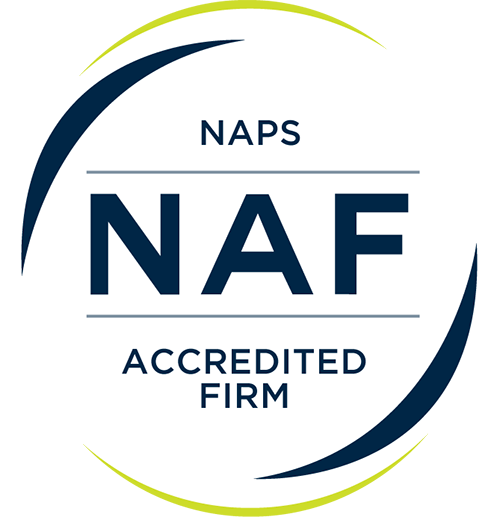Crafting your resume but stuck on how long it should be? The answer isn’t one-size-fits-all; it varies based on your experience, the industry, and the job you’re applying for. Below is a straightforward guide to make sure your resume is just the right length to impress employers without overwhelming them.
Entry-Level to Mid-Career:
A one-page resume is typically the best choice for those early in their career or with up to ten years of experience. This length forces you to focus on your most relevant experiences and achievements. It encourages you to highlight what truly matters: the skills and accomplishments that align with your target job.
Why One Page Works:
- Clarity and Precision: Keeps your message clear and direct.
- Relevance: Encourages you to only include information that speaks directly to your prospective employer’s needs.
- Attention: Hiring managers often prefer shorter resumes due to the volume they review.
Experienced Professionals:
If you have, let’s say, more than ten years of experience, your career narrative is likely more complex. A two-page resume can effectively give you space to detail your professional journey. This is your chance to delve into significant projects, leadership roles, and your impact at various organizations.
Why Two Pages Can Be Beneficial:
- Depth: Allows you to present a fuller picture of your career progression and successes.
- Detail: You can include case studies or brief examples that showcase your problem-solving abilities and impact.
- Skills and Certifications: More room to list professional development courses, certifications, or technical skills relevant to the job.
Special Considerations:
Specific fields, especially those in academia, research, or high-level technical roles, may require a more detailed career in accounting. In these cases, exceeding two pages might be necessary to cover all relevant publications, speaking engagements, projects, or coursework.
Making the Most of Your Resume Length:
Regardless of the length, the key is to make every word count.
- Tailor Your Content: Customize your resume for each job application. Highlight experiences and skills that match the job description.
- Quantify Achievements: Where possible, use numbers to demonstrate your impact. This can include metrics like sales growth, efficiency improvements, or team expansion.
- Format Wisely: Use bullet points for clarity; don’t be afraid to leave some white space. A cluttered resume can deter readers.
The ideal resume length is the one that allows you to present your qualifications comprehensively yet concisely. For most, sticking to one or two pages should suffice.
Your resume aims to land an interview by making a compelling case for your candidacy. Focus on the experiences and achievements that best illustrate your suitability for the position you’re applying for.
Looking for more guidance on crafting the perfect resume or navigating your job search? Visit our LinkedIn page at Continental Search or our website at continentalsearch.com. For collaborations or insights, send an email to shiena@continentalsearch.com.







